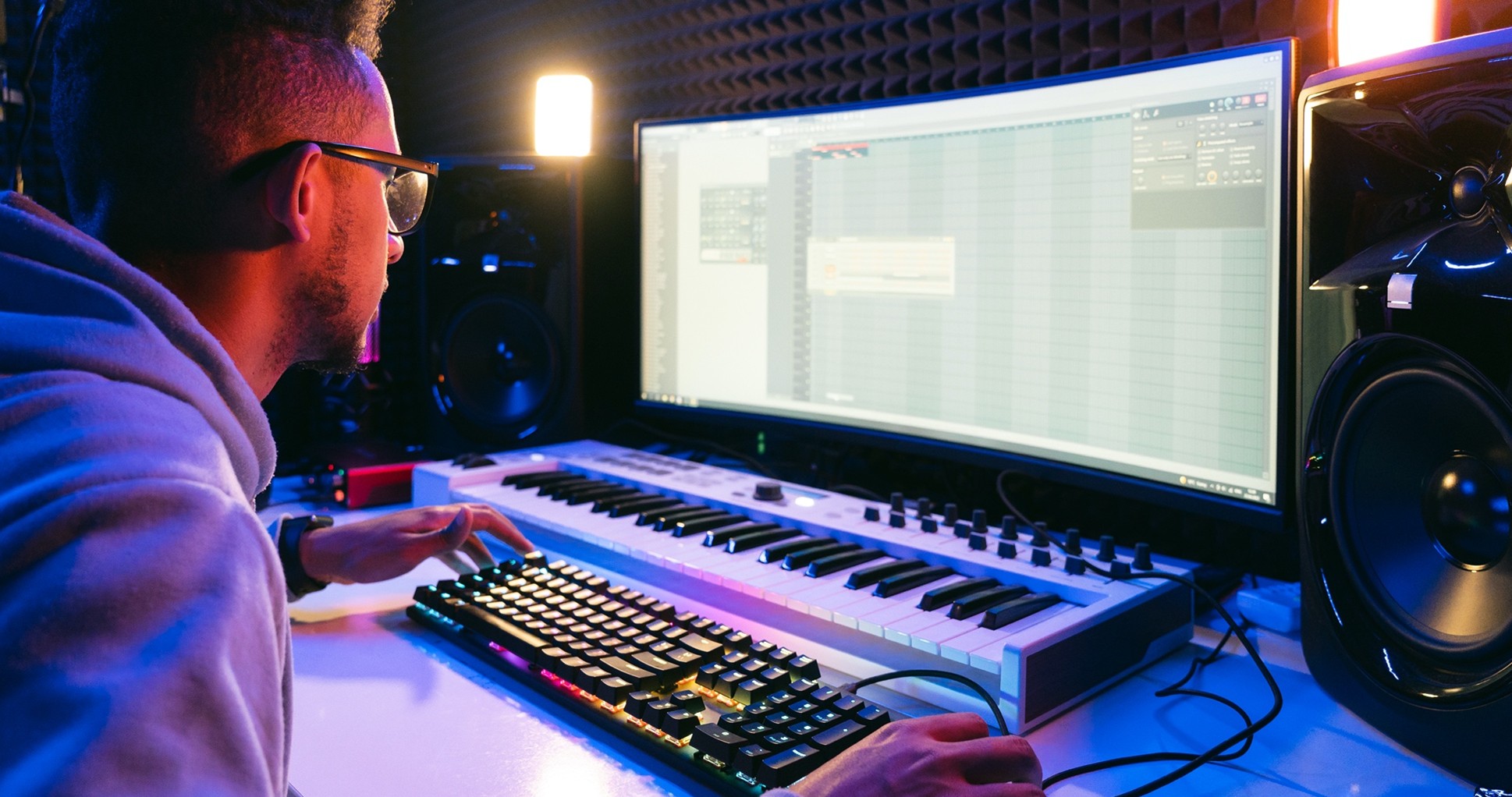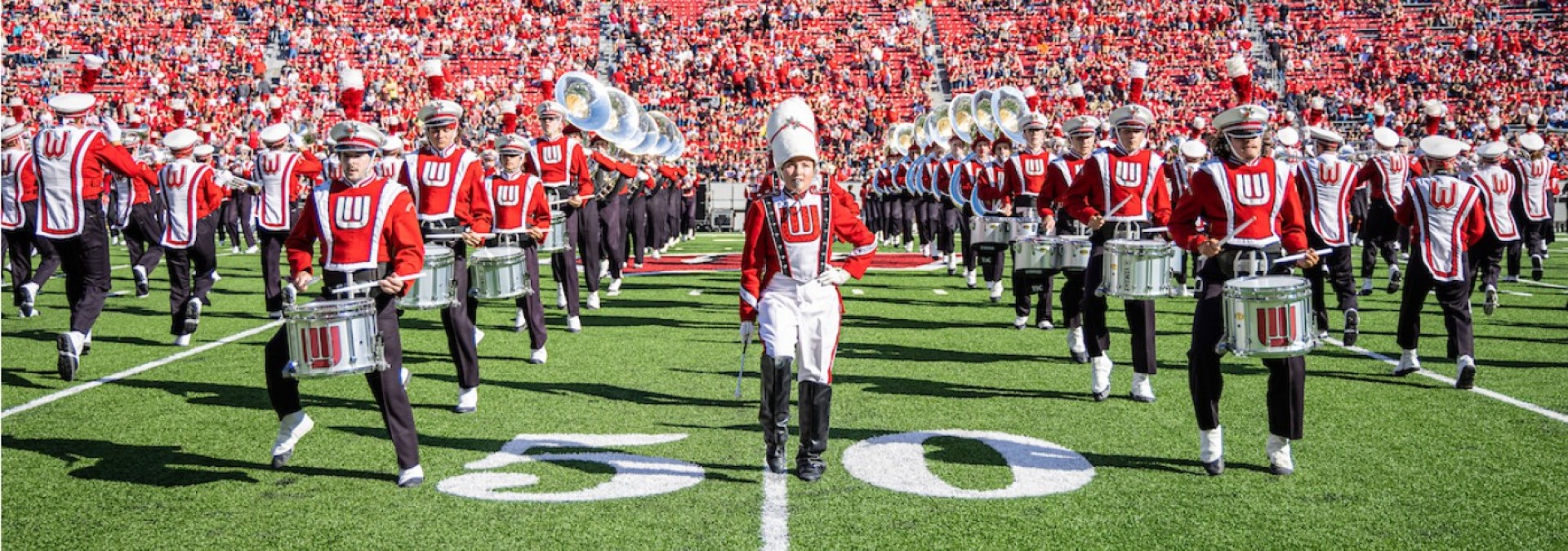×
Glossary
Advising: A process where college staff help students plan their academic path, including course selection, degree requirements, and double major feasibility.
Audio Engineering: The technical side of recording, mixing, and manipulating sound. Audio engineers work in studios, live settings, and production houses.
BA (Bachelor of Arts): A flexible undergraduate degree often allowing combinations with other majors like Computer Science or Business.
BM (Bachelor of Music): A performance-focused degree designed for students pursuing professional music careers. It typically has stricter course requirements.
Coding: Writing instructions in a computer language to create programs, websites, apps, or software — a skill increasingly used in the music industry.
Computer Science: The study of computers and computational systems. It includes programming, data analysis, and software design.
Composition: The craft of writing and creating original music. Students in composition learn musical structure, harmony, and orchestration.
Conservatory: A college or school dedicated primarily to the study of the performing arts, particularly music.
Data Analysis: The process of examining, organizing, and interpreting large sets of information — such as user behavior on Spotify or music trends.
Digital Audio Workstation (DAW): Software used to record, edit, and produce audio files — e.g., Logic Pro, Ableton Live, or FL Studio.
Double Major: The pursuit of two academic majors within a single degree program, requiring careful planning to fulfill both sets of requirements.
Dual Degree: Earning two distinct degrees (e.g., BM and BS) from a university, often requiring more time and separate credit hour fulfillment.
Interactive Music: Music that changes based on user interaction, often found in video games, apps, or virtual reality.
Logic (in CS): A foundational element of coding that involves reasoning and problem-solving — also used in musical structure and theory.
Musical Notation: The system of symbols used to represent pitch, rhythm, and expression in written music — often compared to a form of coding.
Plug-in: A software add-on for digital audio programs that enhances sound or adds effects. Examples include reverb, EQ, or synthesizers.
Practice Time: Dedicated, consistent time spent developing musical skills through instrument training, technique, or repertoire preparation.
Sound Design: The process of creating audio elements for media like films, games, or theater — blending creativity with tech tools.
Streaming Analytics: Data collected from platforms like Spotify or Apple Music, which helps professionals understand what music people are listening to and how.
Virtual Instrument: A digital version of a traditional instrument played through a computer or DAW, often controlled with a MIDI keyboard.


.png) ARTICLE GLOSSARY
ARTICLE GLOSSARY

.png)
.png)


.jpg)
.jpg)

.jpg)

.png)




.jpg)
.png)










.jpg)



.jpg)
.jpg)
.jpg)
.jpg)
.jpg)

.png)
.png)

